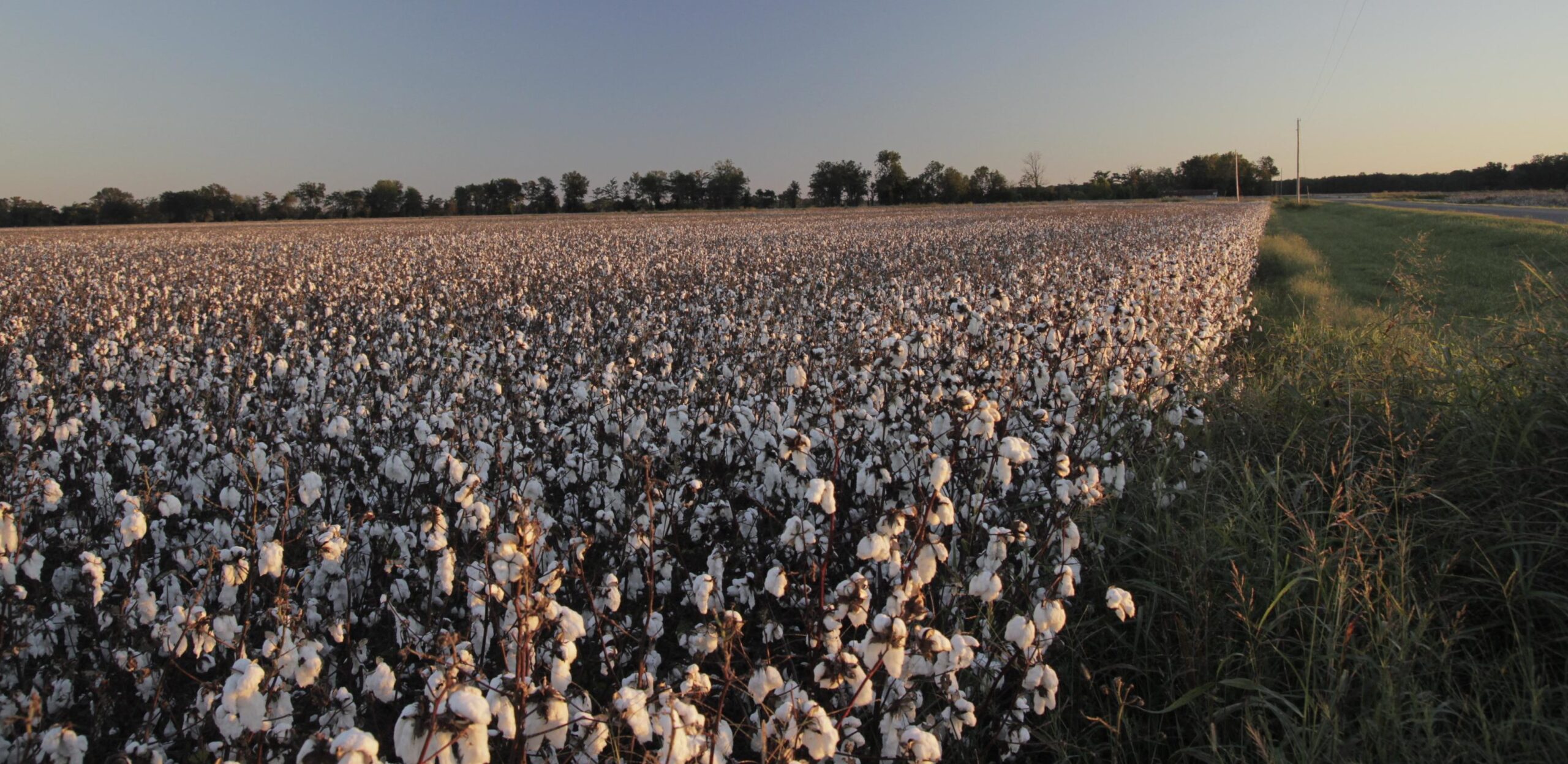Bio agtech firm, Indigo, announced it has closed on a $100 million Series C led by Alaska Permanent Fund and including Flagship Ventures, members of the company’s board and management, and other unnamed previous investors.
Indigo, which was originally created within Flagship’s in-house incubator, VentureLabs, is working to answer the need of feeding a booming world population of 9.7 billion by 2050 through microbial research.
Over time, agricultural methods including the use of insecticides, herbicides, fungicides, and fertilizers have increased agricultural output, but yields have plateaued in recent years, with average annual yield increases of just over one percent. In addition, these methods have disrupted plants’ beneficial microorganisms, or microbiome, in the same way that science has learned that antibiotics can disrupt a human’s beneficial microbiome.
Microbes exist in and around every living thing on earth, and the microbes within plants help the plant to ward off diseases, survive better in drought conditions, and to better utilize nutrients. Indigo has collected a diverse sampling of plants from around the world including predecessors of today’s crops, wild varieties, and grasses. Studying the most successful and hearty plants, the company has sequenced the genome of more than 40,000 microbes to create a database containing the largest collection of live plant microbes David Perry, CEO, Indigo told Fortune.
Isolating and testing beneficial microbes on more than a dozen crops across three continents throughout three growing seasons, Indigo has conducted cotton trials that resulted in a 10% increase in yield in the face of environmental stresses including drought conditions, indicating the potential for improvements in productivity and economic return.
This success has led the company to announce the launch of its first commercial product, Indigo Cotton. Planted on more than 50,000 acres across five U.S. states, farmers are eager to adopt the new technology in large part due to Indigo’s unique pricing and business method. Rather than requiring farmers to buy the seed coating before seeing results, Indigo agrees to assume the upfront cost to farmers and take approximately a third of the profit that its technology generates upon harvest, reports Tech Crunch.
“Indigo’s pricing model to only charge when there is a measurable increase in crop yield makes the decision to use Indigo’s products across a large percent of Oxbow’s farming businesses an easy decision because there is potential for a crop yield increase with little downside,” said Tyler McClendon of Oxbow Agriculture, one of Indigo’s first customers who planted more than 1,000 acres of Indigo Cotton. “This adds up to Indigo being very good for both the farmer and the environment.”
This round of funding brings Indigo’s total raising to more than $150 million after announcing a $56 million round led by Flagship Ventures this February. The company plans to use the fresh capital to fund the expansion of its research and development initiatives, to expand its team, and to boost commercial operations prior to the launch of its second commercial product, Indigo Wheat, scheduled for later this year.
Indigo plans to fast track its R&D, expanding into additional crops at a much faster rate than traditional GMO plant development can achieve, launch new plant probiotics in as little as two to three years compared to ten to fifteen for GMO crops, according to Tech Crunch.
“Indigo’s unique approach to discovery and product development brings potentially game changing technologies to market in years instead of decades,” said McClendon.
If met with success, Indigo could be positioned to be a leader in a profitable new investment space in the input industry. Indigo’s website explains that the four main crops of wheat, corn, soy, and cotton have a global production value of $600 billion. If factoring in a 10% increase in yield from Indigo’s technology, the economic impact could equal $60 billion.
“If we’re right about this technology and it has the sort of impact we think it does,” David Perry, CEO of Indigo told Fortune, “the plant microbiome is going to be worth tens of billions of dollars and it will fundamentally reshape agriculture.”
—
Lynda Kiernan

